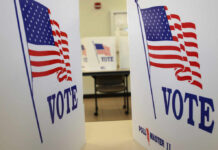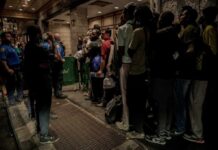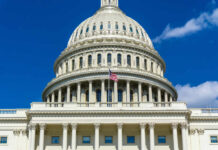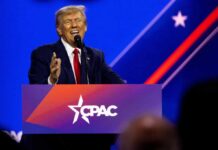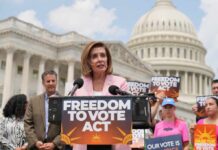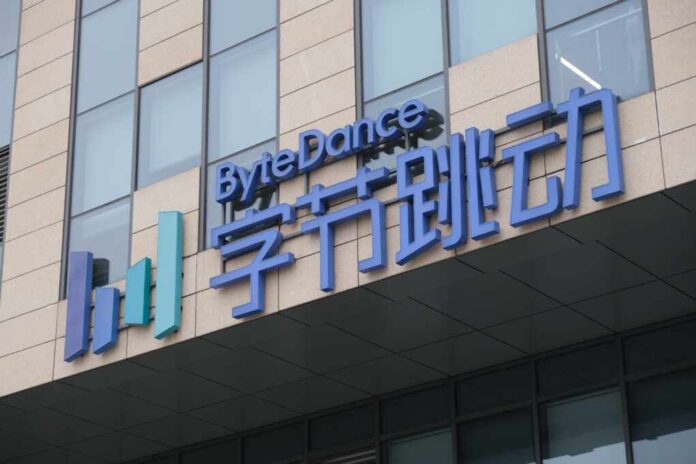
TikTok’s lawsuit against the United States government over a law that would force the sale of the popular app or result in a nationwide ban has brought attention to the potential First Amendment implications of the U.S. federal government’s move to fundamentally control the social media platform.
The lawsuit filed by TikTok and its Chinese parent company ByteDance in the U.S. Court of Appeals for the District of Columbia Circuit argues that the law violates the U.S. Constitution including the right to free speech.
TikTok is slapping the U.S. government with a lawsuit, as its Chinese owner battles to keep its control of the app and access to its 170 million American users. pic.twitter.com/GxkThlpkIM
— China in Focus – NTD (@ChinaInFocusNTD) May 8, 2024
Experts have weighed in on the case with some believing that TikTok has a strong argument. Jameel Jaffer of the Knight First Amendment Institute at Columbia University stated “The First Amendment means the government can’t restrict Americans’ access to ideas information or media from abroad without a very good reason for it—and no such reason exists here.”
However, Gautam Hans a law professor and associate director of the First Amendment Clinic at Cornell University acknowledged potential complications for ByteDance’s lawsuit. He noted that the bipartisan nature of the law may lead judges to defer to Congress’s determination that the company poses a national security risk.
The resistance to the TikTok ban has been bipartisan with both Democrats and Republicans pushing back against the legislation on First Amendment grounds.
Various politicians have also expressed concerns about the ban with Rep. Thomas Massie (R-KY) suggesting that it is ultimately a Democrat plot for control of the internet that Republicans are assisting with.
The lawsuit will have far-reaching impacts on free speech in America and on the federal government’s ability to regulate business practices in such a heavy-handed manner.
TikTok filed a lawsuit against the Justice Department on Tuesday over a law that requires the platform to cut ties with its China-based owner within a year or be effectively banned from the U.S. pic.twitter.com/wbYUZc9pGZ
— CBS Evening News (@CBSEveningNews) May 7, 2024






